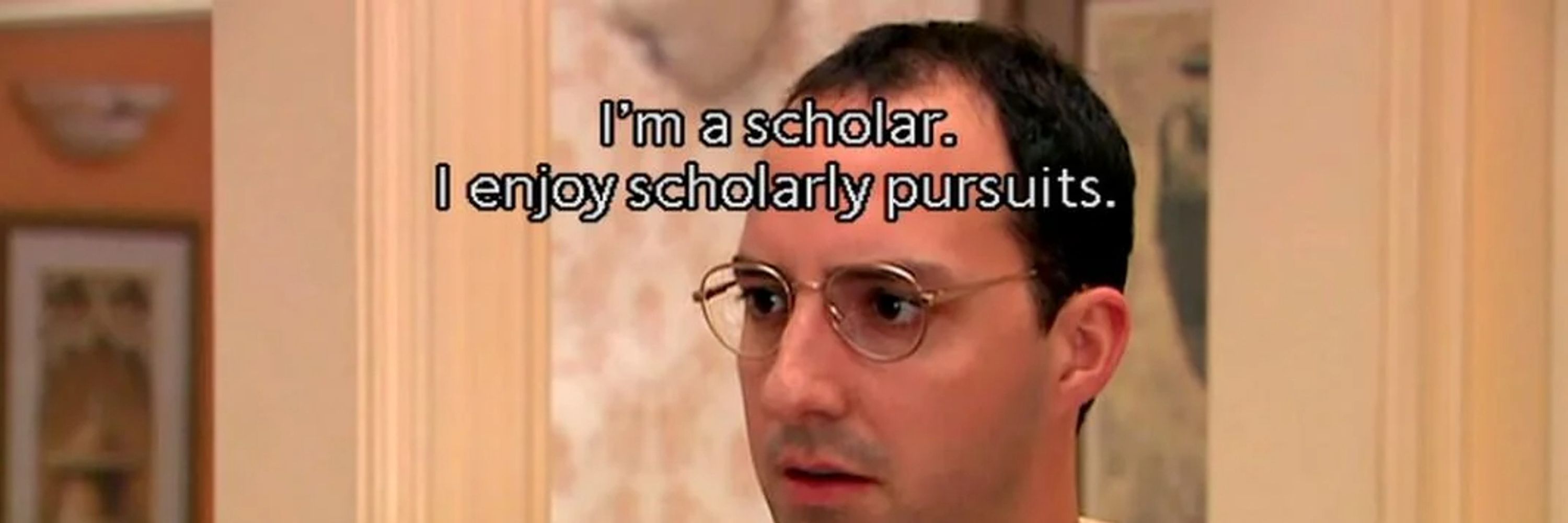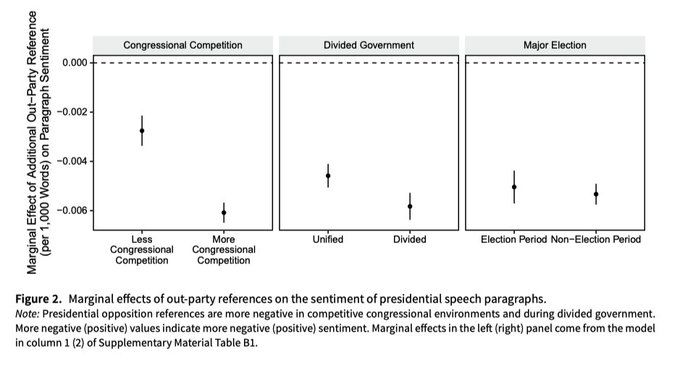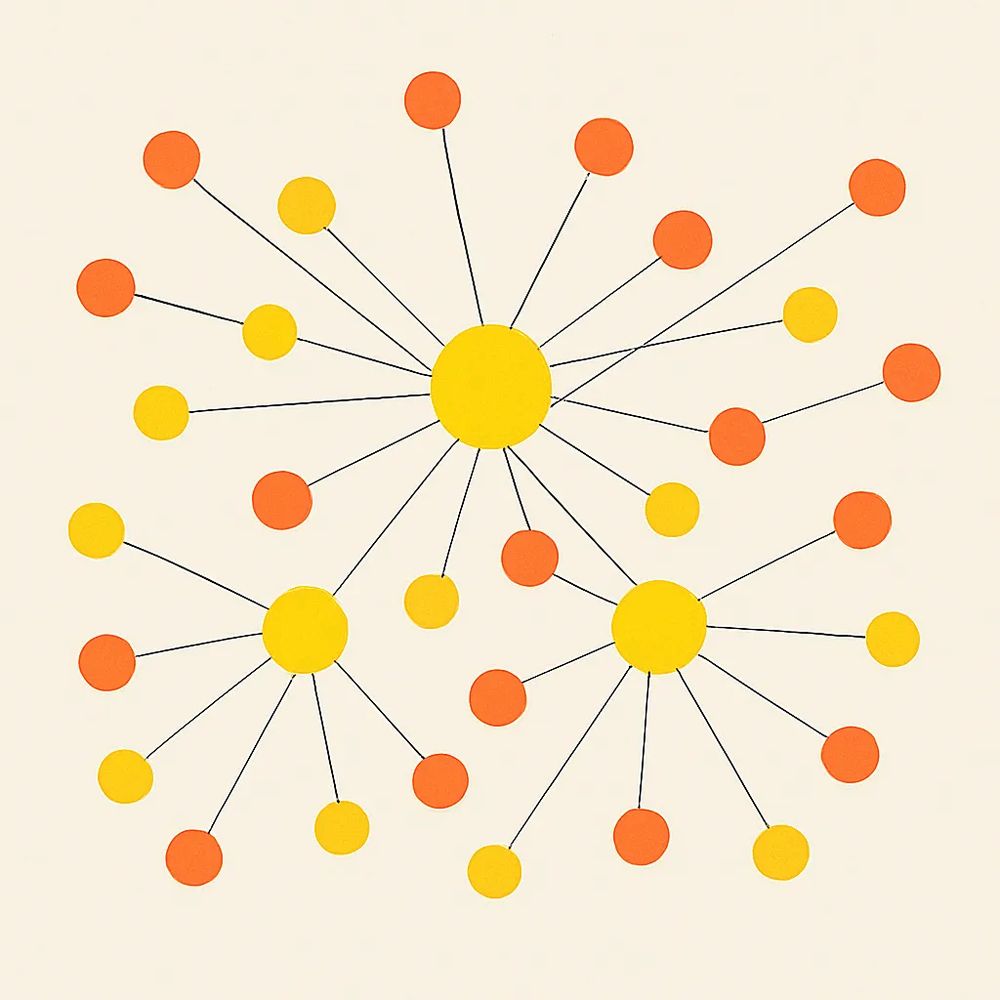Ben Noble
@benjaminsnoble.bsky.social
470 followers
230 following
68 posts
Asst. Prof of Political Science at UC San Deigo. WUSTL PhD. Studying the politics of presidential and congressional rhetoric. Powered by LaTeX and Coffee.
benjaminnoble.org.
Posts
Media
Videos
Starter Packs
Reposted by Ben Noble
Ben Noble
@benjaminsnoble.bsky.social
· Aug 20
Ben Noble
@benjaminsnoble.bsky.social
· Aug 20
Ben Noble
@benjaminsnoble.bsky.social
· Aug 20
Ben Noble
@benjaminsnoble.bsky.social
· Aug 20
Ben Noble
@benjaminsnoble.bsky.social
· Aug 1
Ben Noble
@benjaminsnoble.bsky.social
· Aug 1

Understanding American Politics | Benjamin Noble | Substack
A companion to my Introduction to American Politics course. Click to read Understanding American Politics, by Benjamin Noble, a Substack publication with hundreds of subscribers.
understandingamericanpolitics.substack.com
Ben Noble
@benjaminsnoble.bsky.social
· Aug 1
Ben Noble
@benjaminsnoble.bsky.social
· Aug 1
Ben Noble
@benjaminsnoble.bsky.social
· Aug 1
Ben Noble
@benjaminsnoble.bsky.social
· Aug 1
Reposted by Ben Noble












